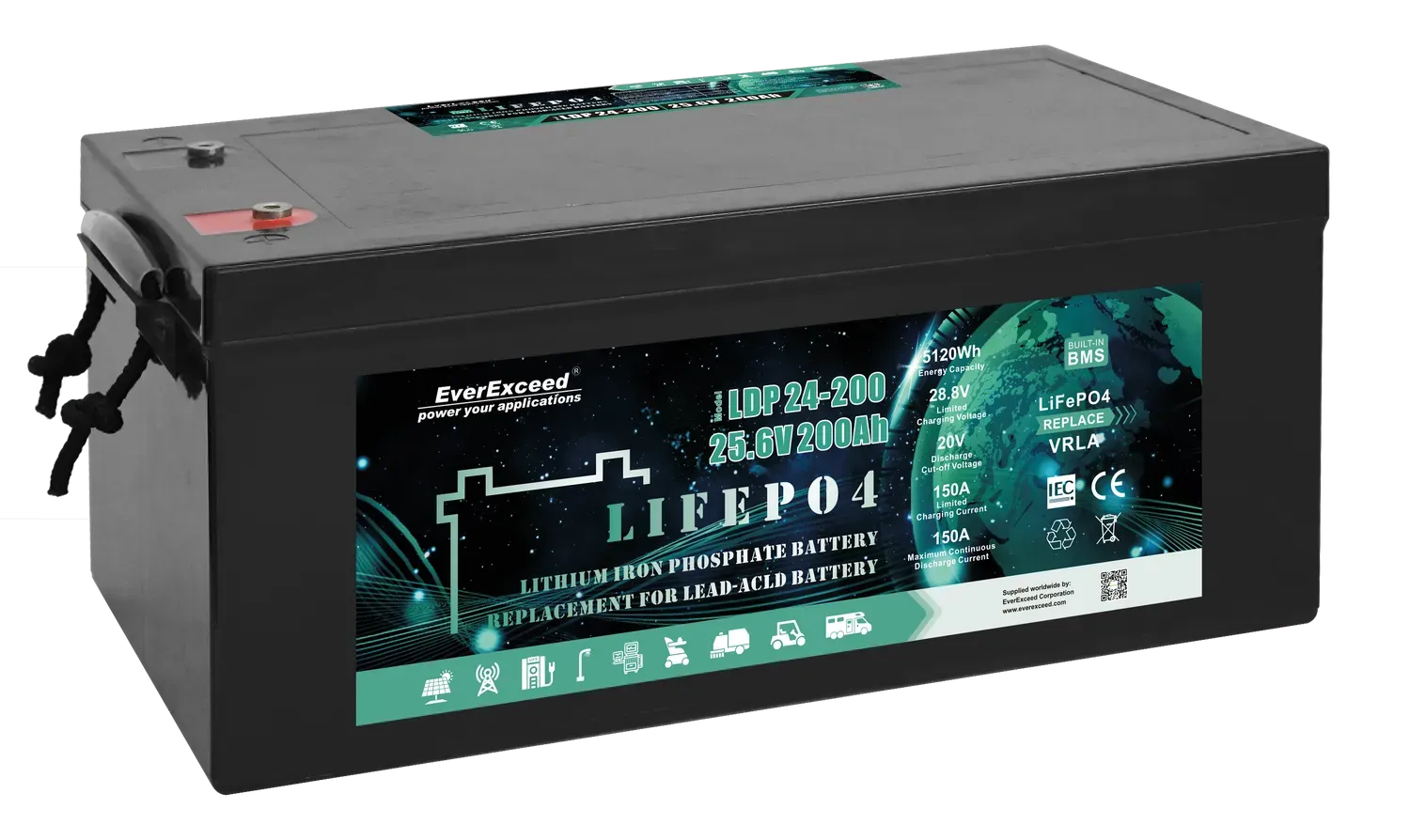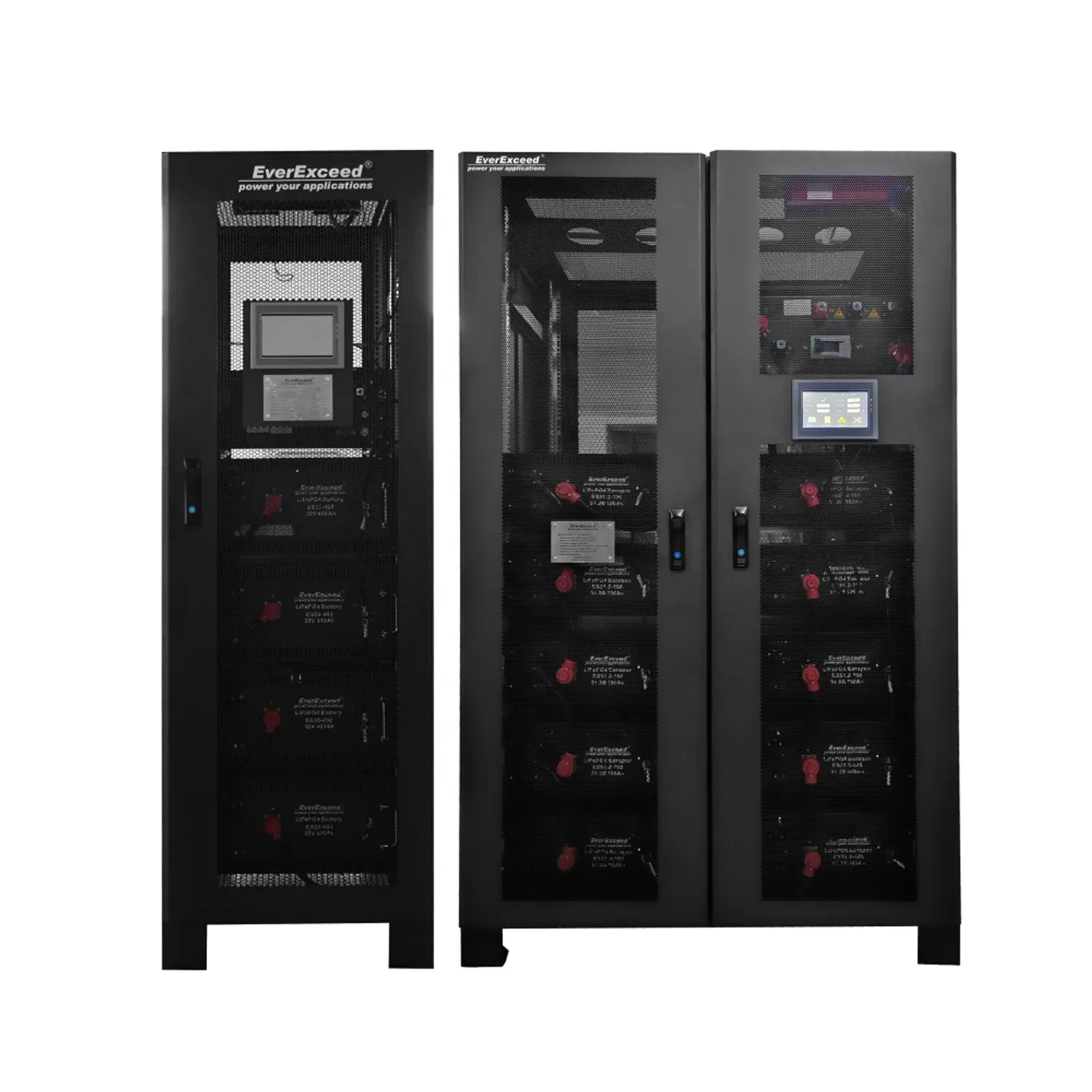
Get a Quote
What Is the New UPS Battery Technology?
Uninterruptible Power Supply (UPS) batteries are essential components in safeguarding the reliability of data centers and IT equipment. They serve as a backup power source during outages, ensuring uninterrupted operation and protection against data loss or damage. In this blog, we delve into the evolution of UPS battery technology and explore the latest advancements shaping the industry.
Understanding the Evolution of UPS Battery Technology
As technology progresses, so do the components that power it. Understanding the journey of UPS battery technology provides valuable insight into its current state.
A Brief History of UPS Battery Technology
The evolution of UPS batteries traces back to their inception, where their primary role was to provide backup power during outages. Over time, advancements in materials and manufacturing processes have led to significant improvements in battery performance and reliability.
Traditional UPS Battery Types
Lead-acid and nickel-cadmium batteries have long been the stalwarts of UPS systems. These traditional types, while effective, have limitations in terms of lifespan, maintenance requirements, and environmental impact.
The Need for New UPS Battery Technologies
With the increasing demands on data centers and critical IT infrastructure, there arises a need for UPS batteries that can deliver higher performance, longer lifespan, and reduced maintenance. The emergence of new UPS battery technologies aims to address these challenges and provide more reliable power backup solutions.
Emerging UPS Battery Technologies
The landscape of UPS battery technology is rapidly evolving, with several innovative solutions on the horizon.
Introduction to Lithium-ion UPS Batteries
Lithium-ion batteries have garnered significant attention due to their numerous advantages over traditional battery types. These include a longer lifespan, reduced maintenance requirements, faster recharge times, and the ability to operate at higher temperatures. These features make lithium-ion UPS batteries well-suited for various applications across industries.
Other Innovative UPS Battery Technologies
In addition to lithium-ion batteries, there are ongoing developments in other UPS battery technologies. These include advancements in materials science, energy storage systems, and battery management technologies. These innovations pave the way for even more reliable and efficient UPS solutions in the future.
Comparison of UPS Battery Types
When it comes to UPS battery technology, understanding the differences between lead-acid, nickel-cadmium, and lithium-ion batteries is crucial for making informed decisions.
Evaluation of UPS Battery Types
Each UPS battery type comes with its own set of performance metrics, including lifespan, cost, and maintenance requirements. While traditional lead-acid and nickel-cadmium batteries have served their purpose, lithium-ion batteries offer longer lifespans, reduced maintenance needs, and faster recharge times. Real-world examples highlight the tangible benefits of adopting newer technologies.
Factors to Consider
Choosing the right UPS battery type involves considering various factors tailored to specific applications. Budget considerations play a significant role, as do environmental factors and regulatory compliance. Additionally, long-term reliability and scalability are essential for ensuring the longevity of UPS systems.
Addressing Common Concerns and Misconceptions
Despite the advancements in UPS battery technology, there are common misconceptions that need to be addressed to alleviate concerns and foster adoption. Myths surrounding new UPS battery technologies often deter organizations from embracing innovation. By debunking these myths, we can provide clarity and confidence in the reliability of emerging solutions.
Safety and Environmental Impact
Addressing safety concerns and environmental impact is paramount in the adoption of new UPS battery technologies. By providing insights into safety measures and environmental sustainability, we can ensure responsible usage and disposal practices.
Reliability and Durability
Highlighting the reliability and durability of emerging UPS battery solutions is essential for instilling trust in their performance. By showcasing real-world examples and industry endorsements, we can demonstrate the efficacy of these technologies.
Implementing New UPS Battery Technologies
Implementing new UPS battery technologies requires careful planning and execution to maximize their benefits.
Infrastructure Considerations
Upgrading UPS infrastructure to accommodate new battery technologies involves assessing compatibility and scalability. Considering factors such as space constraints and power requirements is essential for seamless integration.
Ensuring Maintenance and Longevity
Maintaining UPS battery systems is crucial for their optimal performance and longevity. By following industry best practices and implementing proactive maintenance measures, organizations can maximize the reliability of their backup power solutions.
Importance of Proactive Maintenance
Proactive maintenance helps identify and address potential issues before they escalate into critical failures. Regular inspections, testing, and servicing ensure that UPS batteries remain in peak condition, ready to provide backup power when needed most.
Industry Standards and Best Practices
Adhering to industry standards and best practices is essential for effective UPS battery maintenance. Standards set by organizations such as the Institute of Electrical and Electronics Engineers (IEEE) provide guidelines for testing frequency, performance metrics, and replacement criteria.
Tips for Maximizing Lifespan and Performance
To extend the lifespan and optimize the performance of UPS batteries, organizations can implement several strategies. These include monitoring environmental conditions, such as temperature and humidity, conducting regular capacity testing, and ensuring proper ventilation and airflow around battery enclosures. Additionally, scheduling routine maintenance tasks, such as cleaning battery terminals and checking connections, can help prevent corrosion and ensure reliable operation.
Conclusion
In conclusion, ensuring the maintenance and longevity of UPS battery systems is vital for uninterrupted power supply and the protection of critical equipment. By following proactive maintenance practices and industry standards, organizations can optimize the performance and reliability of their backup power solutions.
For those seeking cutting-edge UPS battery technology, EverExceed offers a range of solutions tailored to meet the demanding requirements of modern data centers. EverExceed's lithium iron phosphate (LiFePO4) batteries are specifically designed for UPS systems and data centers, providing reliable and efficient backup power solutions. These batteries are engineered to deliver high performance and durability, safeguarding critical equipment and ensuring uninterrupted operation.
With EverExceed's LiFePO4 batteries, organizations can trust in a proven solution that meets the stringent demands of today's data center environments. Whether for mission-critical applications or everyday operations, EverExceed delivers dependable backup power solutions to keep businesses running smoothly.


